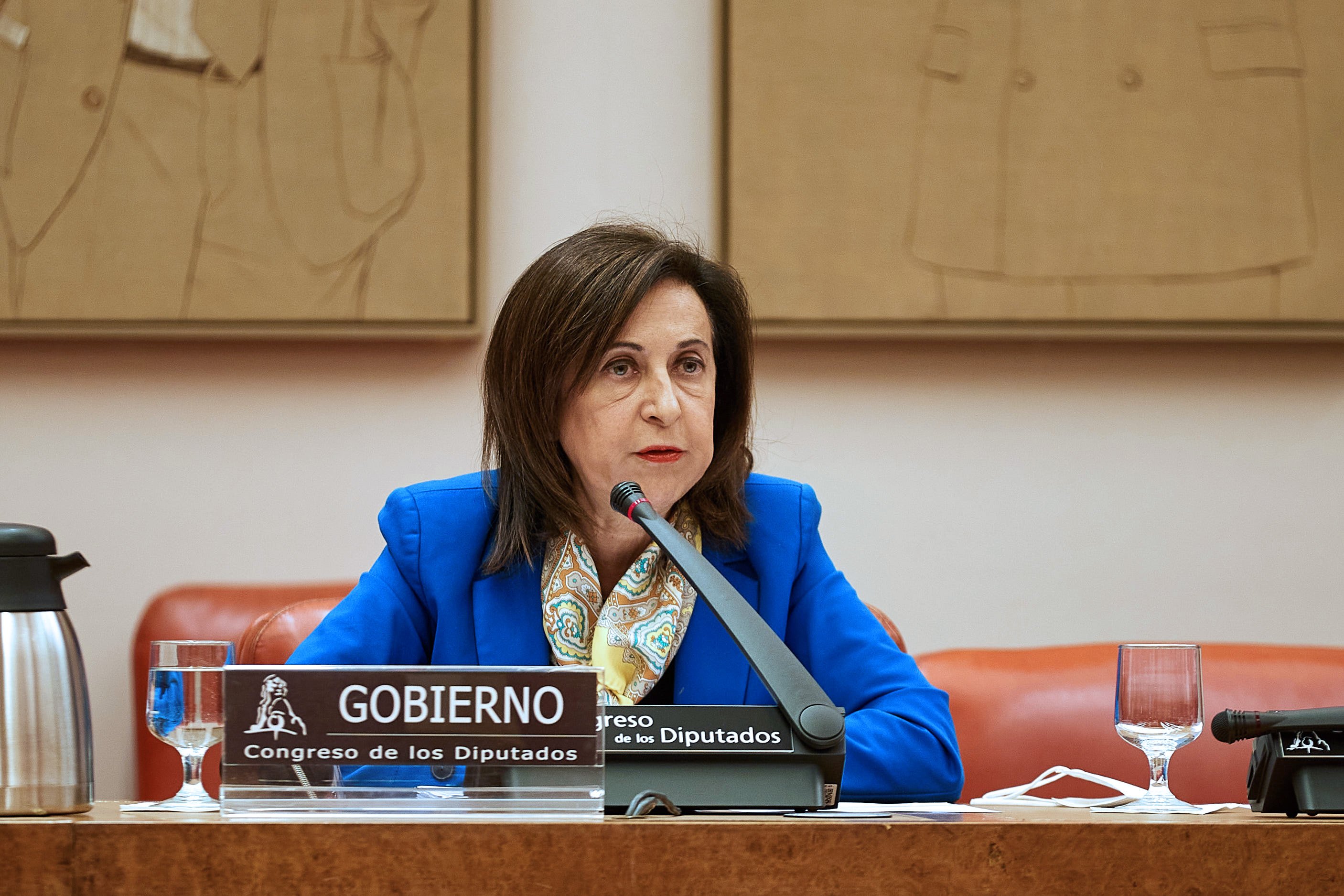The role of Spain's secret service agency, the National Intelligence Centre (CNI, in its Spanish acronym) is - yet again - at the centre of a political debate, in this case over the illegal espionage of at least 65 Catalan independence movement leaders and other individuals. The unanswered questions over the spy agency were even a focus for Catalan president Pere Aragonès in a radio interview today. But the Spanish government defends its intelligence services, which "always act in accordance with current law." This was reiterated today by the agency's top political official, defence minister Margarita Robles, who criticised the "unproven" accusations made against the CNI, "which cannot defend itself". On the same day as El País revealed that Spanish intelligence bought the Pegasus program "to spy abroad".
In an interview with Spanish public television TVE, the minister did not move from the official argument of the Pedro Sánchez executive. First of all, she defended that the CNI has never acted outside the law, at least in the current legislature. She said that "the government and the CNI always act in accordance with current law" and that, despite being secret, "all actions of the CNI are subject to judicial control and also parliamentary control." Secondly, she took the opportunity to refute the "unproven" accusations made by president Aragonès against Spanish intelligence, based on "the report of an NGO" (cybersecurity authority the Citizen Lab) and without knowing "how the report was made nor how it was verified." In this regard, she criticized that "we cannot sow doubts or suspicions about an organism that cannot defend itself".
On the other hand, Margarita Robles insisted that "if ever a government has opted for dialogue and political recognition it is this government". Without saying so explicitly, but with clear reference to the pardons of the jailed pro-independence leaders, the Socialist minister recalled that the Sánchez administration "has even paid a political cost" for this approach, and even so it has not given up this path. "There have been difficult times and this government has continued to focus on dialogue," she said.
Having reached that point, the defence minister expressed her willingness to give explanations to the Congress of Deputies, and to the Defence Committee - although in neither of these two forums is she able to talk about the Spanish intelligence services. She did, however, also raise the matter of the official secrets committee, which she urged MPs to set up - this is the parliamentary body which is intended to maintain oversight over the CNI. Although it too meets behind closed doors and holds discussions that cannot be revealed, it has not met at all since 2019 due to a failure of the PSOE and the PP to agree on its membership.
Pegasus, bought for spy use outside Spain
According to sources close to the Spanish secret service quoted by El País, the Pegasus software detected by the Citizen Lab study was acquired by the CNI during the first half of the last decade for an initial value of six million euros, although the total amount spent would be very much higher, as there is a significant cost per use. The same sources claim that the CNI justified the purchase of this software for usage abroad, where spies must operate outside the law, not in Spain. So how did Pegasus end up on the mobile phones of Catalan presidents, politicians, lawyers and activists?
If the reason for buying Pegasus was to spy abroad, the issue of how it ended up in the devices of Catalan independence activists is key. El País only received the same response as minister Robles also gave today: the CNI "always acts with full submission to the legal system." Spanish law does provide for phones to be monitored, but it has to be with judicial permission. That is to say, in the current case, a judge would have to have considered it necessary to authorize the CNI to massively hack the phones of prominent members of the Catalan independence movement. According to sources close to the intelligence service, such a move would be very risky and they believe that no Supreme Court judge would risk their career by authorizing it. Last Tuesday, the Supreme Court itself did not clarify whether it had given permission to use this software.

